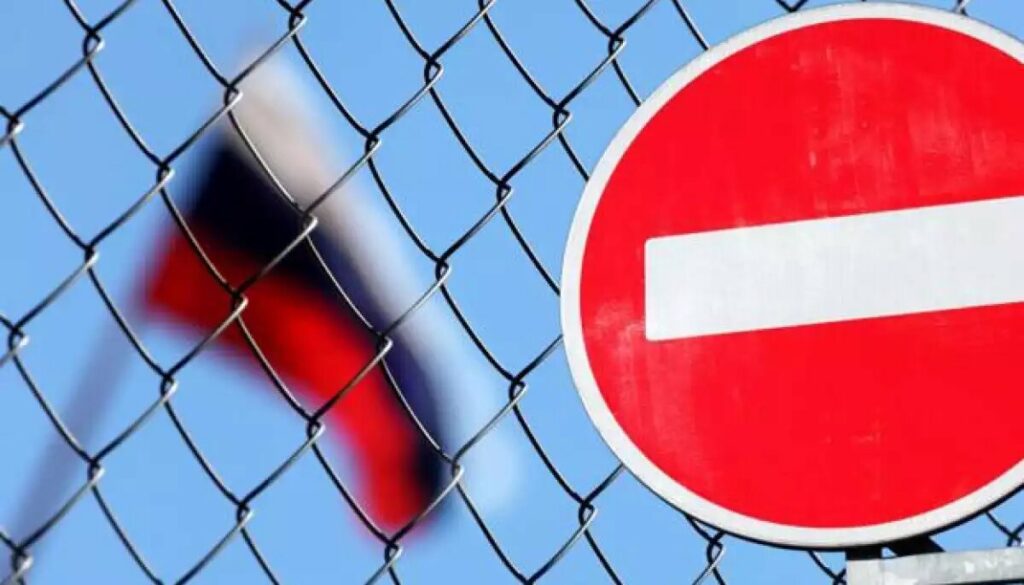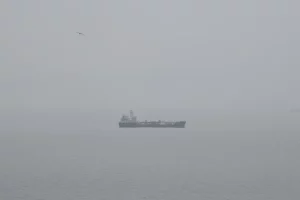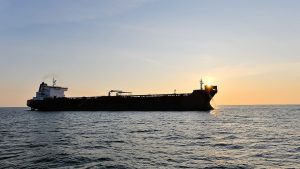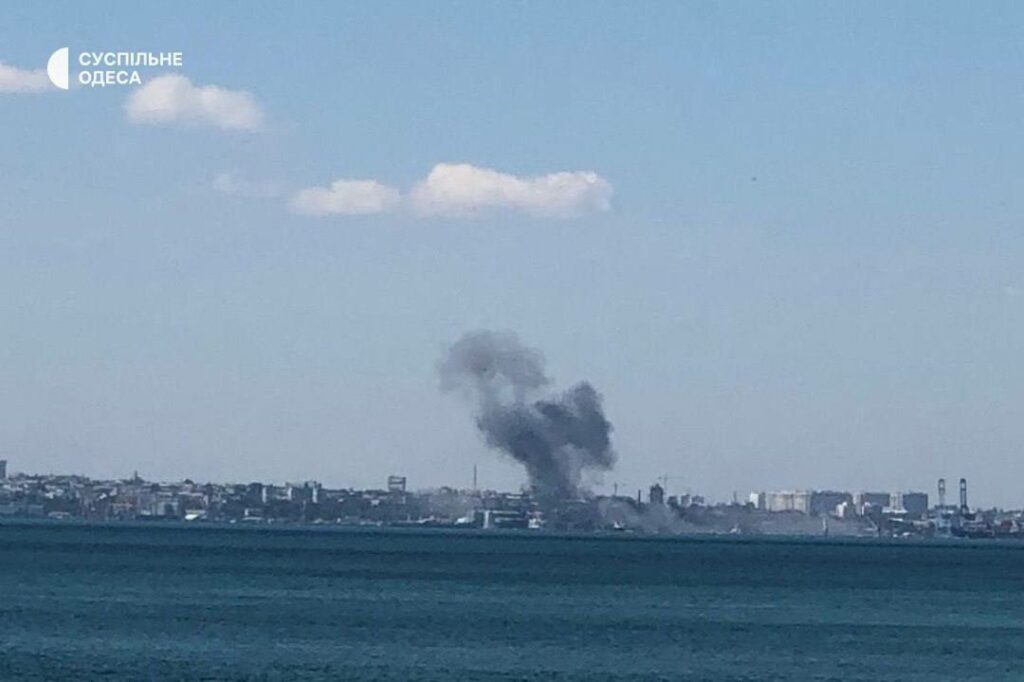Locking was banned for russians in European ports

The seventh package of sanctions, approved by the European Union on July 21, provides for new restrictions on russia. In particular, they expanded the ban on access to European ports so that russian federation could not find another loophole.
The seventh package of sanctions provides for a number of new prohibitions. Among them are bans on the purchase, import, direct or indirect transfer of gold and jewelry from russia, including through third countries.
“In addition, the new measures extend the already existing ban on access to ports to gateways to make it impossible to circumvent sanctions,” Evropeyskaya Pravda reports, citing a communiqué from the EU Council.
Since there are many river ports in Europe, russia could bypass previous sanctions, including offloading in the roads. Since the beginning of the war, the Russians have become “experts” in maneuvering between sanctions.
One of their classic schemes is to turn off the automatic information system (AIS), which is mandatory for transmitting the position of a vessel. There is no penalty for this, although such actions pose risks to safe navigation at sea.
Also, some EU member states helped the russians bypass sanctions. USM previously wrote that even a month after the introduction of the fifth package of sanctions, russia’s transnational energy corporations Rosneft and Lukoil continued to freely process oil agreements through European ports. The volume of oil exports from russia remained at the pre-war level.
Now the EU is taking additional measures to ensure that russian federation does not have the opportunity to circumvent sanctions on the water.
We would remind you, that before the new bans, the EU had already adopted six packages of sanctions. The last package dealt with a ban on the import of russian oil by sea. The embargo is due to take effect in six months for oil and eight months for oil products.
Ukraine wanted the seventh package to include a complete embargo on russian energy resources (oil, coal, gas).
In March, the EU included the russian Maritime Register of Shipping in the list of sanctions. At the same time, restrictions were introduced on the export of navigation and maritime radio communication technologies.
The European Parliament also approved a resolution in which EU member states called for the closure of all European ports for ships heading from or to russia. This also applied to ships that belonged to russian businessmen or were registered in russian federation.
It should be noted that in the communiqué, in the clarification of the seventh package, it was emphasized that none of the sanctions affects the trade in agricultural products and fertilizers between russia and third countries. Also, the EU does not prevent third countries from buying medical products in russia. Before that, russia tried to promote its grain exports, as well as agricultural products stolen in Ukraine, by manipulating the blockade of Ukrainian ports and famine in African countries.





